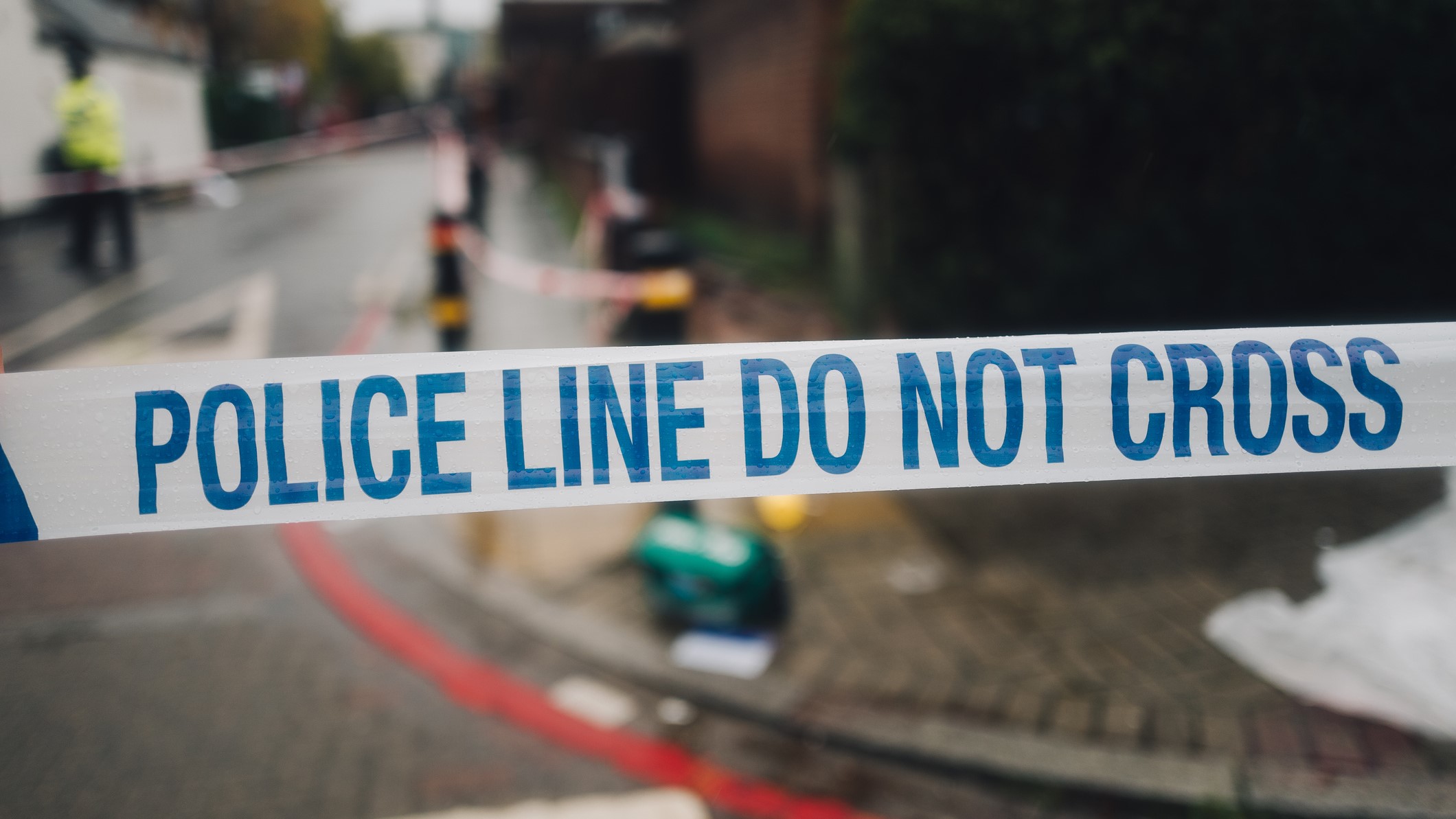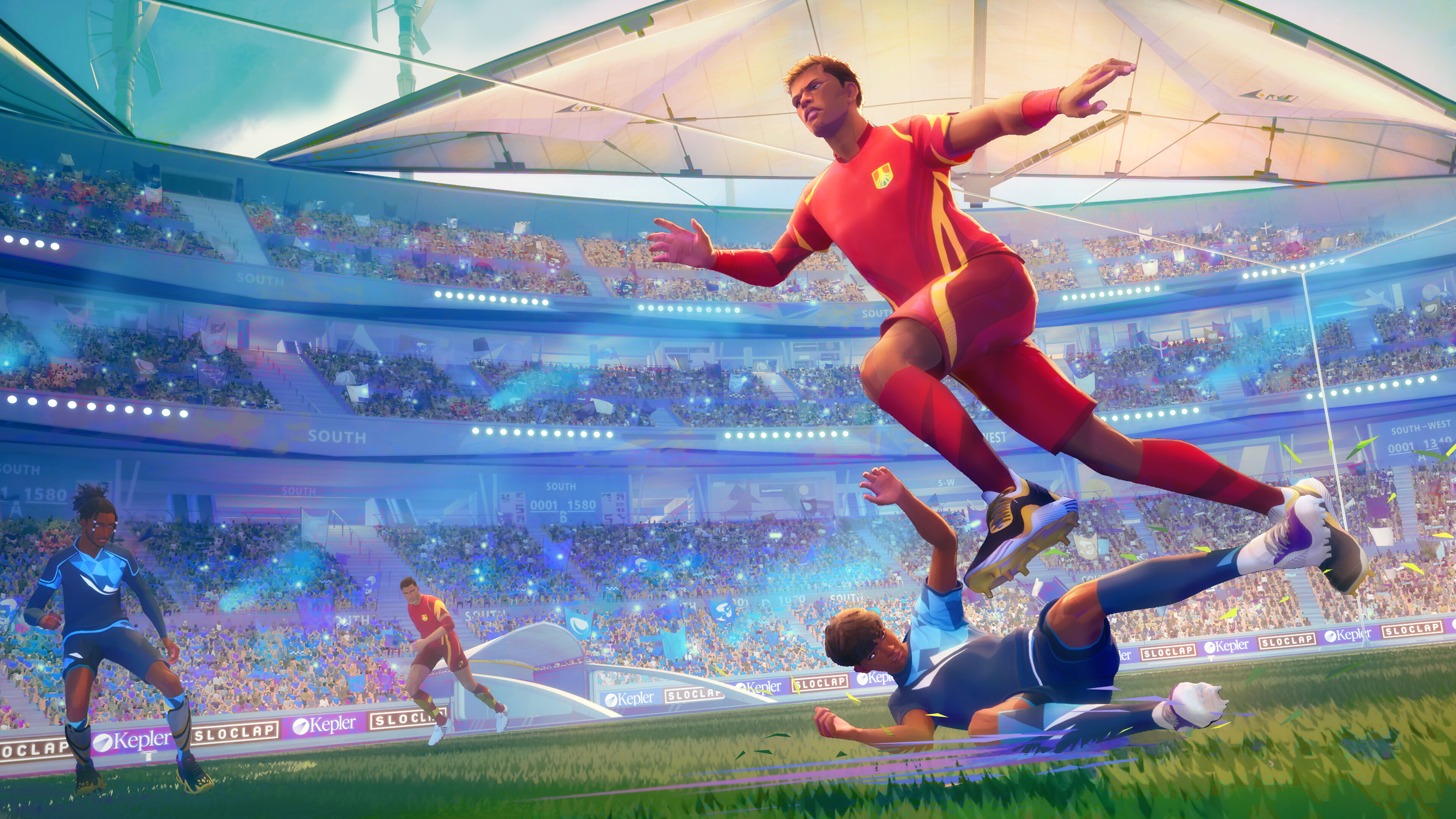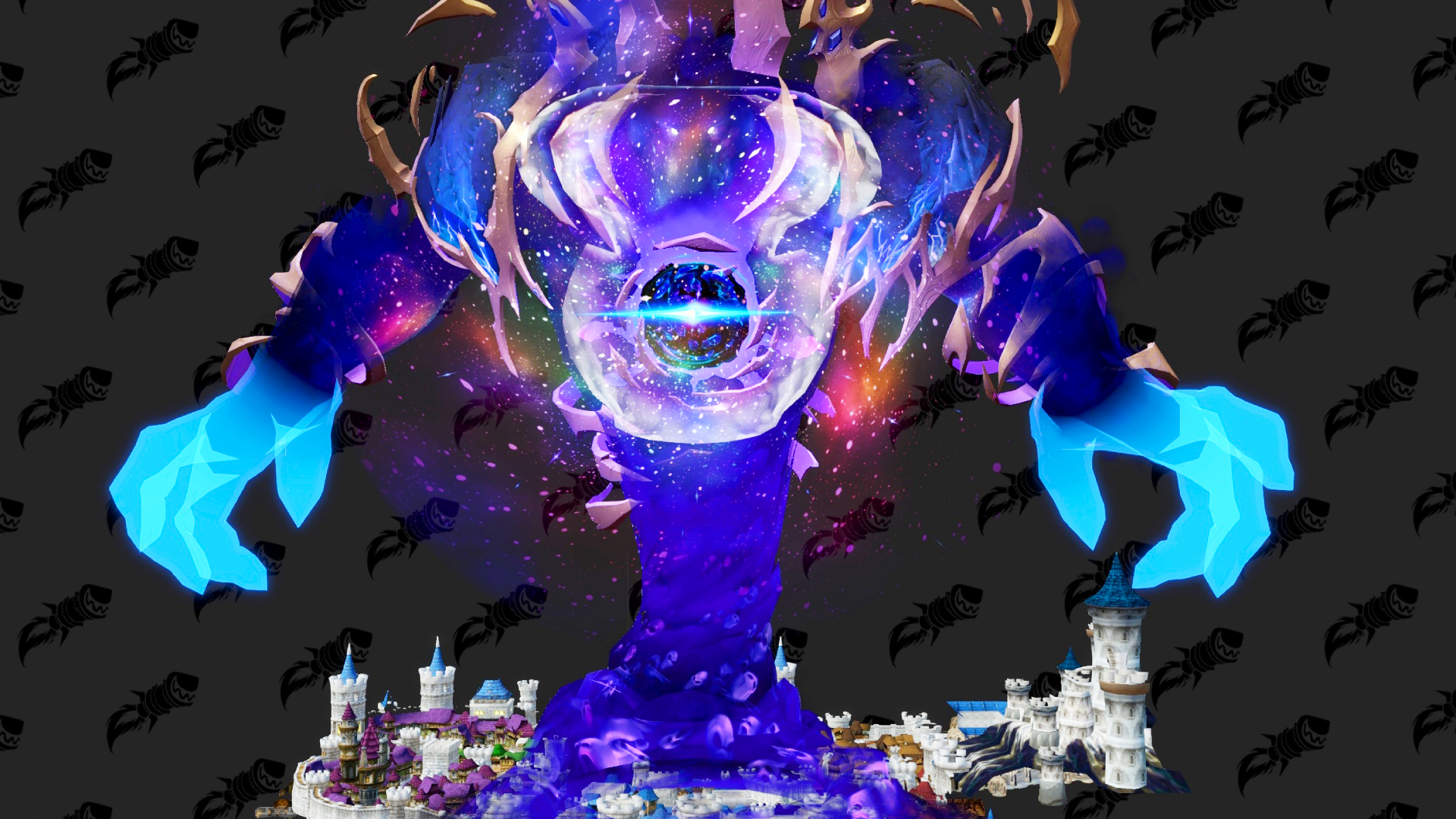
The publisher will now fast-track the worst cases to the authorities immediately.
As the games industry becomes ever-larger, and players become more connected, the problem of toxic behaviour has moved from a background concern to a major issue for developers, publishers and, in extreme cases, the authorities. Now, in a move that will be welcomed by many, publisher Ubisoft has announced it’s signed an agreement with the UK police (thanks, BBC) that will see the worst cases of online harassment and threats fast-tracked to the force.
It’s the first such arrangement of its kind and based around Ubisoft’s Newcastle-based customer relationship centre, one of five that the publisher operates globally. These places engage with the positive side of gaming communities, handle customer issues like refunds, and also deal with the toxic stuff.
The agreement is with Northumbria Police Force and will see specialist officers training Ubisoft staff about negative online behaviour, as well as Ubisoft having the fast track option for extreme cases where it’s believed there’s a potential for serious harm or even threats to life. The police will then take the matter over and decide how to proceed.
“We want to be on the right side of history,” said Damien Glorieux, a senior director of Ubisoft’s customer centre. “We have millions of players, and tens of millions of interactions: so how can we spot incidents? It is daunting, but at the same time it is very important, which is why we wanted to sign this deal and try to make things right.”
Glorieux adds that this will only focus on “the most extreme cases” and estimates that less than 0.01% of the complaints Ubisoft deals with will end up being referred to the police. The majority of players behaving in a toxic manner will continue to face the tried-and-trusted sanction of having their accounts suspended or banned.
“This isn’t just a gaming problem, it’s an internet problem,” said Ubisoft’s Andrew Holliday, who works on the team that deals with these cases of extreme behaviour. Holliday gives the example of a recent case in Norway where “things were said and behaviours displayed that hit our threshold for intervention. There was a threat to life or serious harm. The agreement with Northumbria Police meant that after we flagged it, even though it wasn’t a UK citizen, they were able to get Norwegian authorities involved. It was a lot quicker, more efficient and safer than trying to do it as a private citizen.”
“Policing changes continually, demands evolve and we have different challenges all the time,” said Detective Chief Superintendent Deborah Alderson. “Our job is to evolve with it.” Alderson says she wants to see this arrangement replicated by other publishers and police forces and, while this agreement has been in the pipeline for a while, it’s also being used to help inform a blueprint for how it can be applied more widely.
In a better world we wouldn’t need such things but, alas, we live in this one. Even as a grizzled old warrior who’s seen his share of trash talk, I’ve come across stuff in gaming communities over the years that could turn your hair white and, while the UK doesn’t have this specific problem, it’s impossible to miss how despicable practices like swatting have become more prevalent (both across gaming and the wider online ecosystem). Many bad behaviours online are minor and can and should be dealt with in-house but, for the extreme cases, co-operation like this seems both sensible and essential. This deal is the first of its kind: It won’t be the last.



